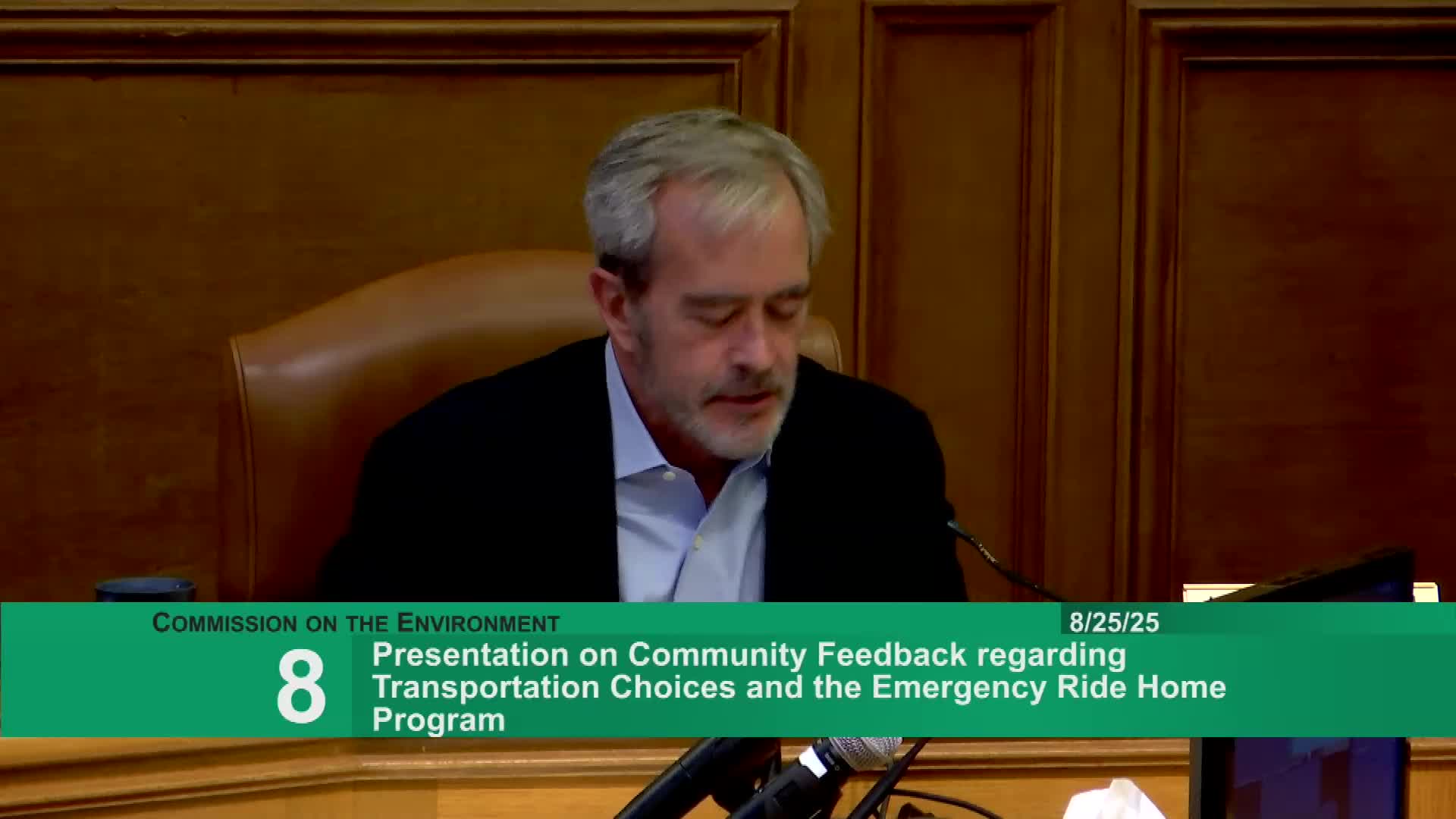Article not found
This article is no longer available. But don't worry—we've gathered other articles that discuss the same topic.
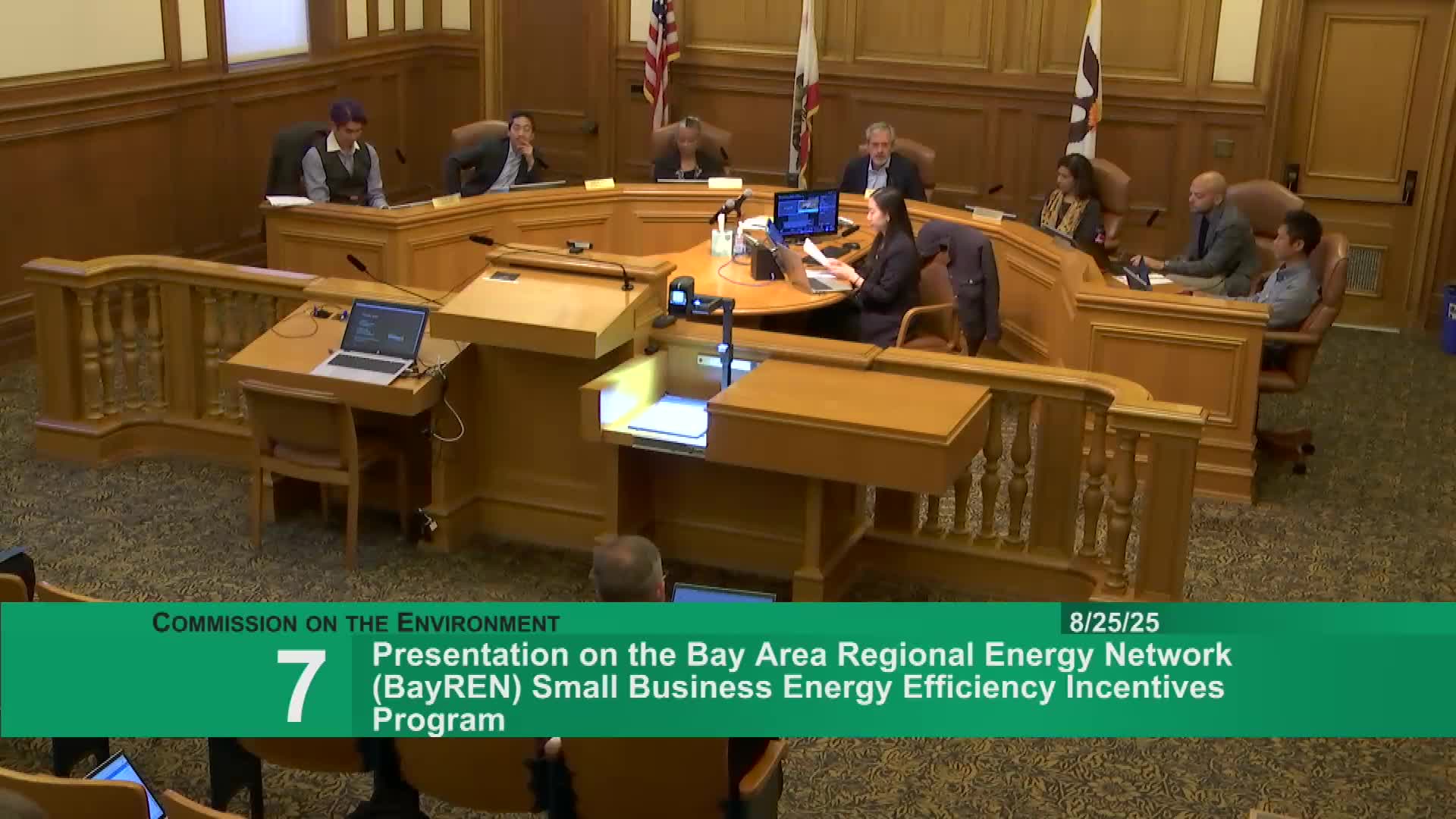
Community feedback finds Emergency Ride Home useful but limited by taxi-only and reimbursement rules
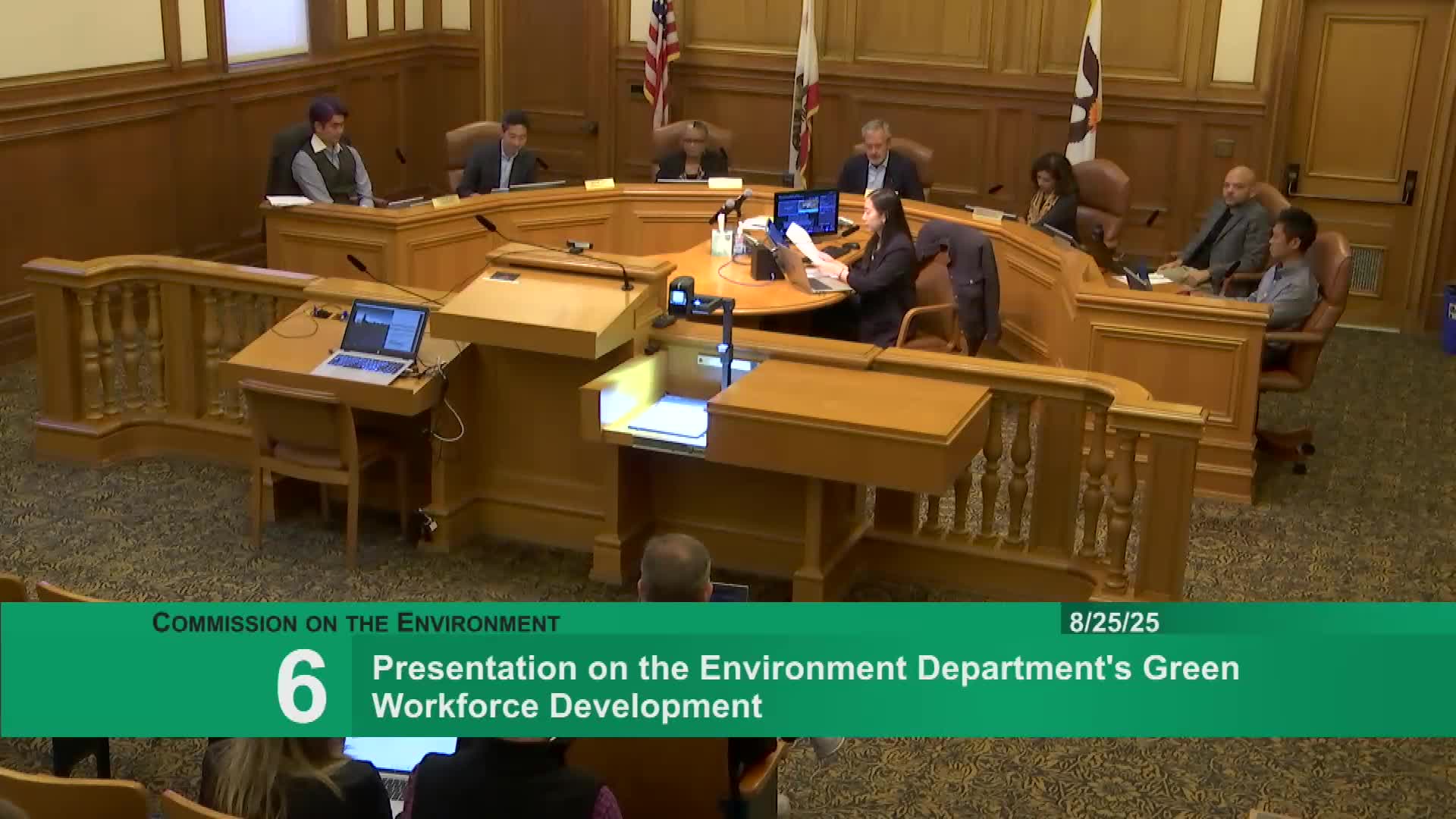
BayREN business program reports rapid growth; cites measured savings for small retailers
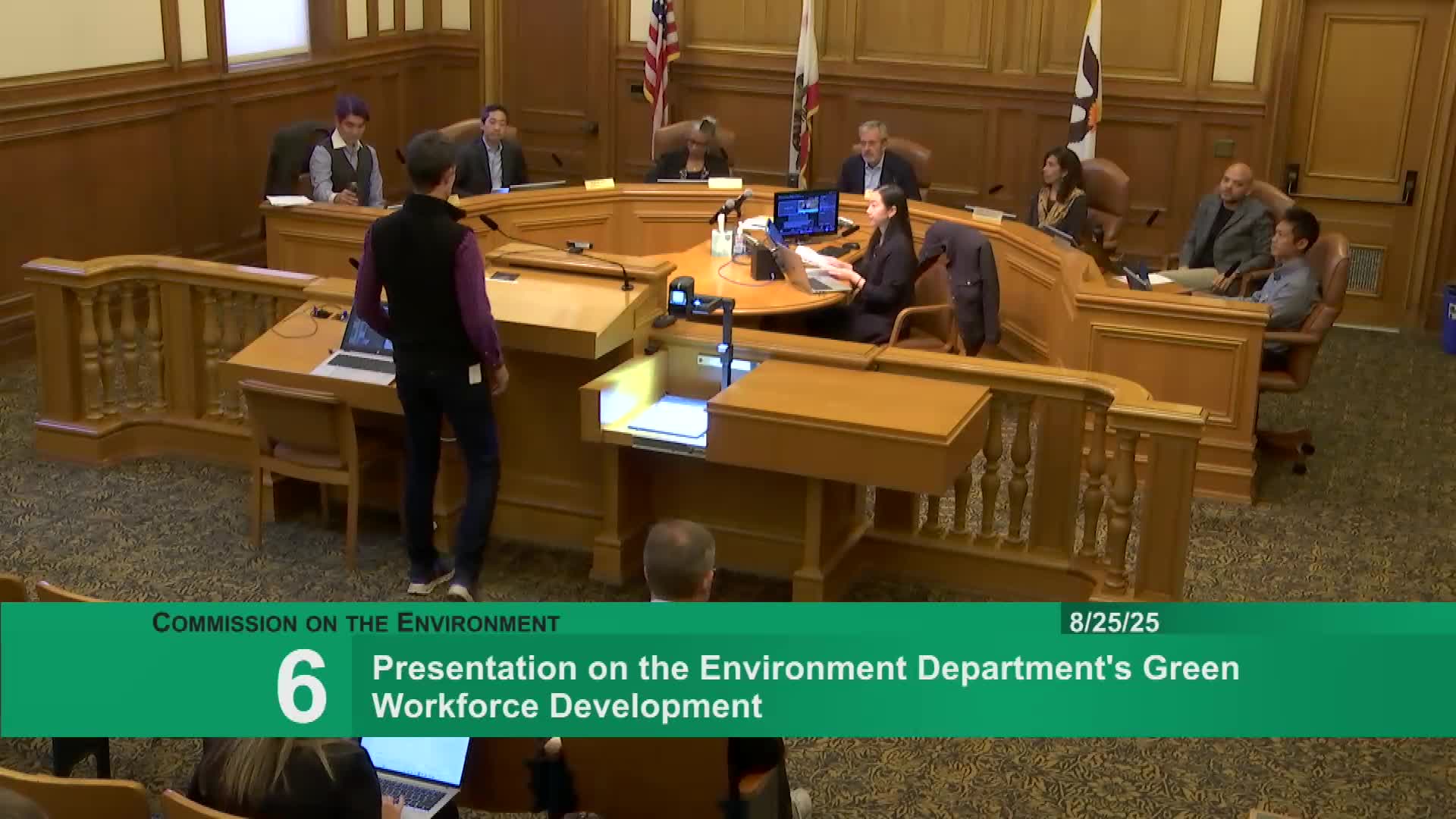
SF Environment expands contractor training, aims to scale heat-pump installations
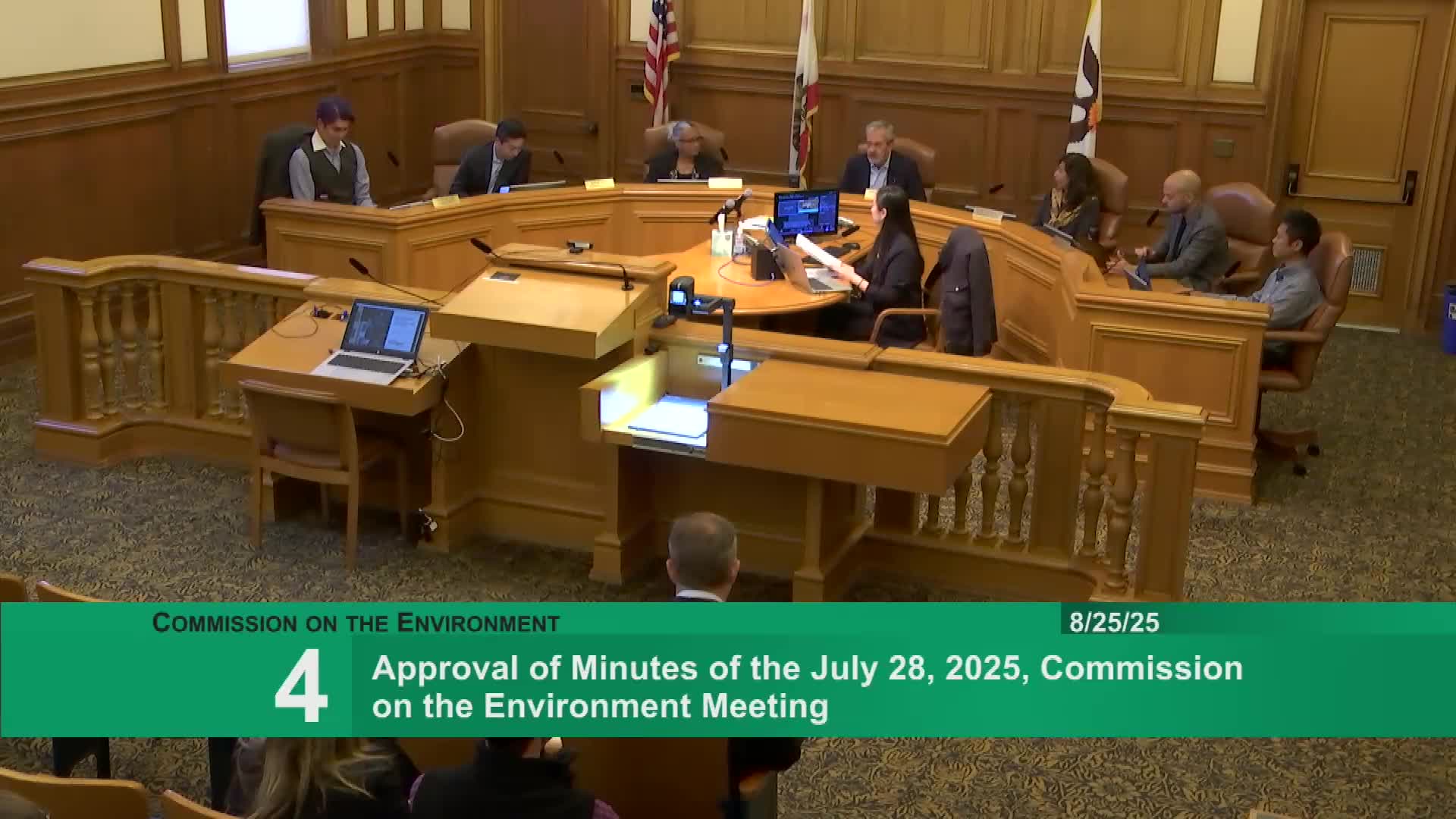
Commission approves consent minutes; no other votes recorded
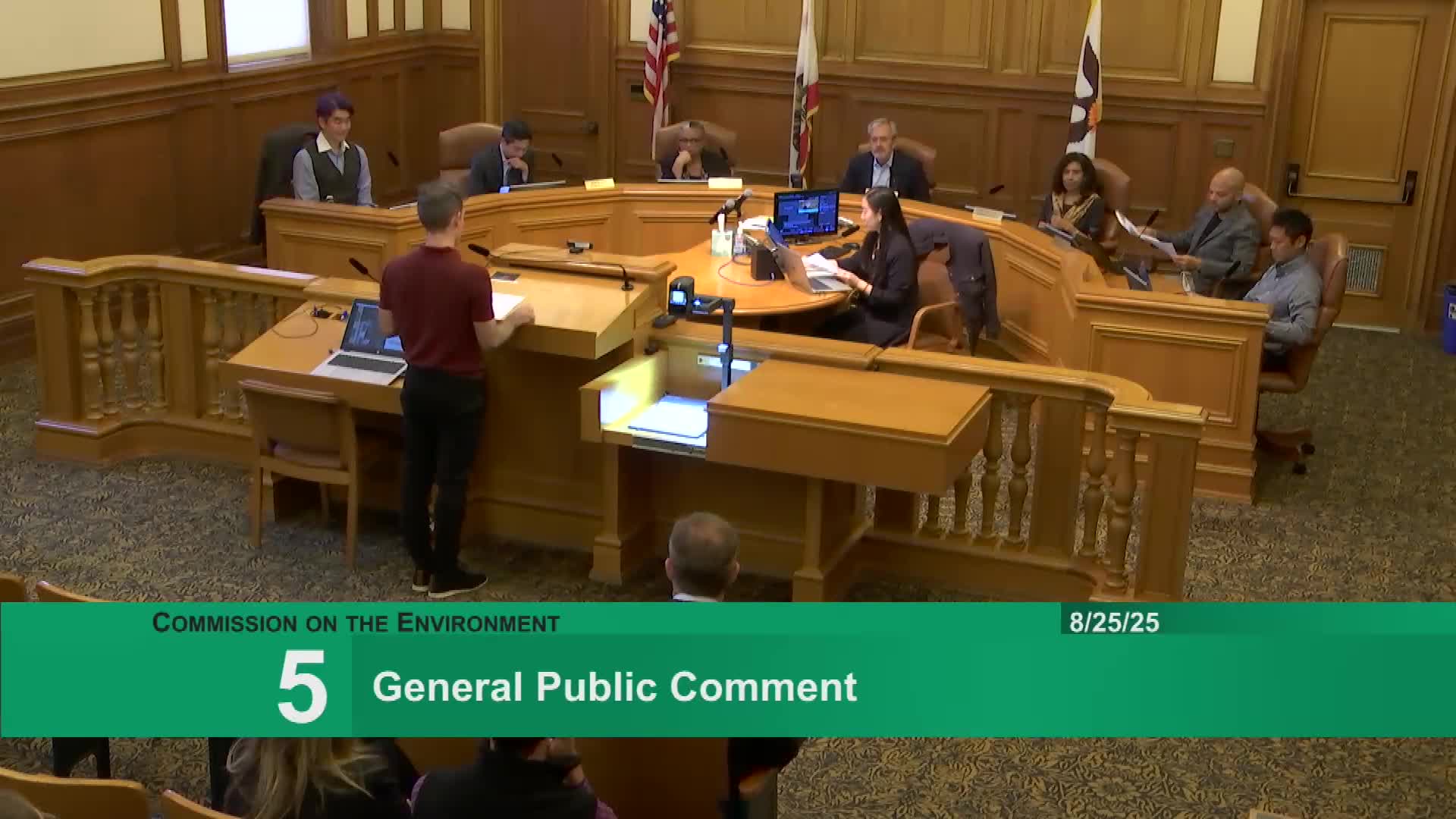
SoMa residents press commission on canopy loss; Public Works agrees to pilot replanting and Urban Forestry Council review
